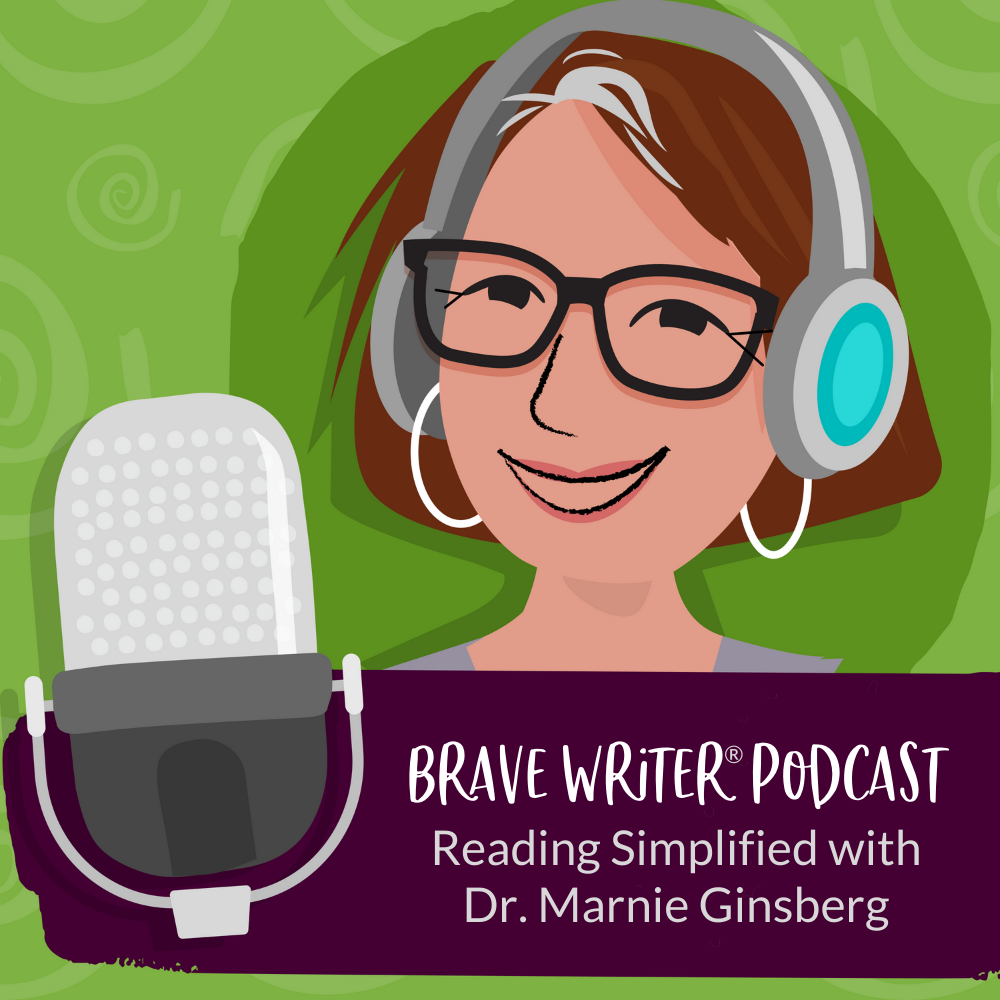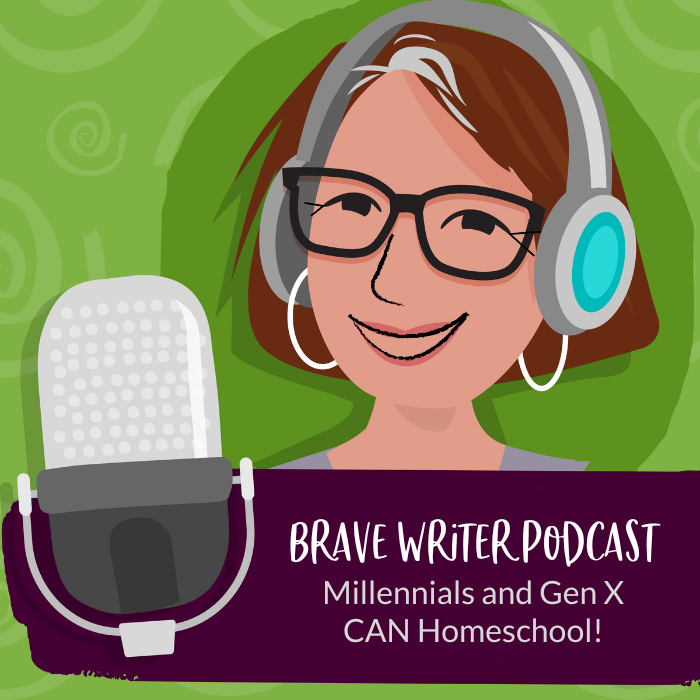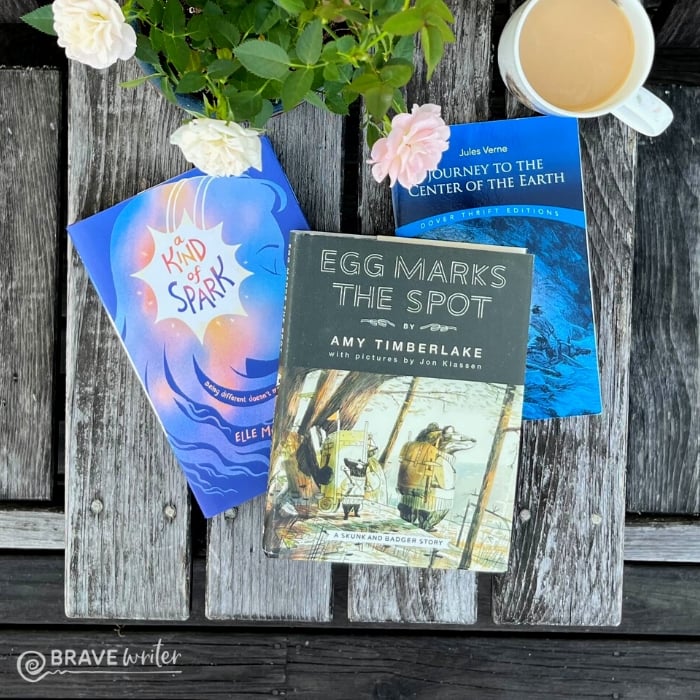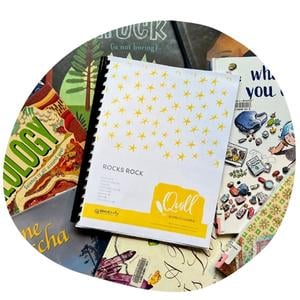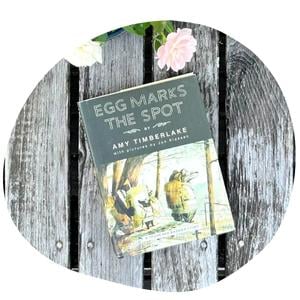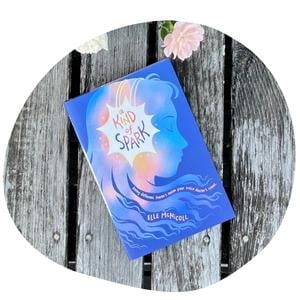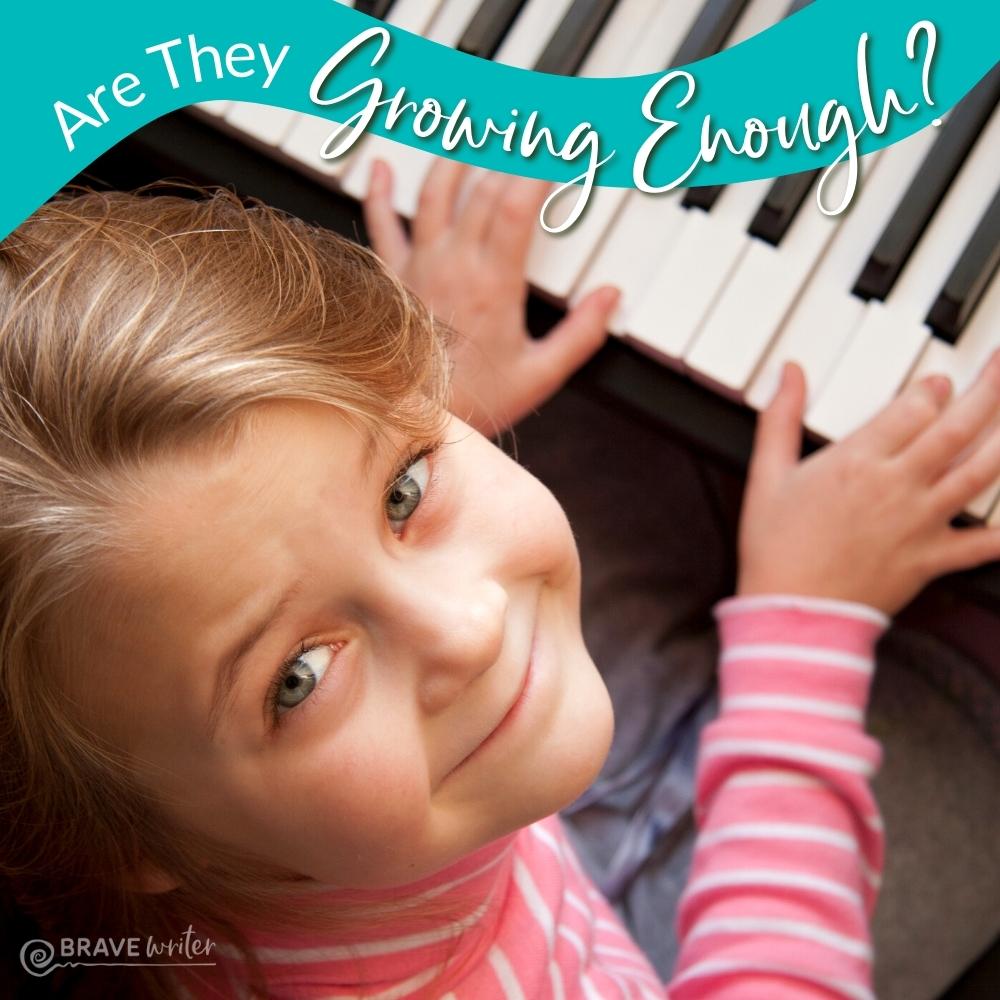
Home education doesn’t always show the fruit we want to see in a single year or even a handful of years. So, on those days when a child suddenly surprises you with an achievement or a good report, CELEBRATE!
Whether you homeschool or not, parents constantly evaluate how well their children are growing, how much they’re achieving.
There’s an inner insistence that kids live up to a parent’s imagined ideal—finished the textbook, scored a goal, prepared a piece for the piano recital.
Most of the time, however, our kids are just growing and growing and growing.
We wonder: are they growing enough?
Then all of a sudden: poof! A child will:
- startle you with a joke told correctly,
- perform a composition they made up on the keyboard,
- show you the spotless kitchen they cleaned for you,
- comfort a sibling in crisis,
- take a shower without being asked,
- or be named captain of the soccer team.
When you experience a surge of joy about your child, that’s the moment! Celebrate!
We call these moments “paydays.” All that work you put in goes without salary or job title. When your child surprises you with an achievement or obvious growth, that’s your payday!
This post is originally from Instagram and @juliebravewriter is my account there
so come follow along for more conversations like this one!


